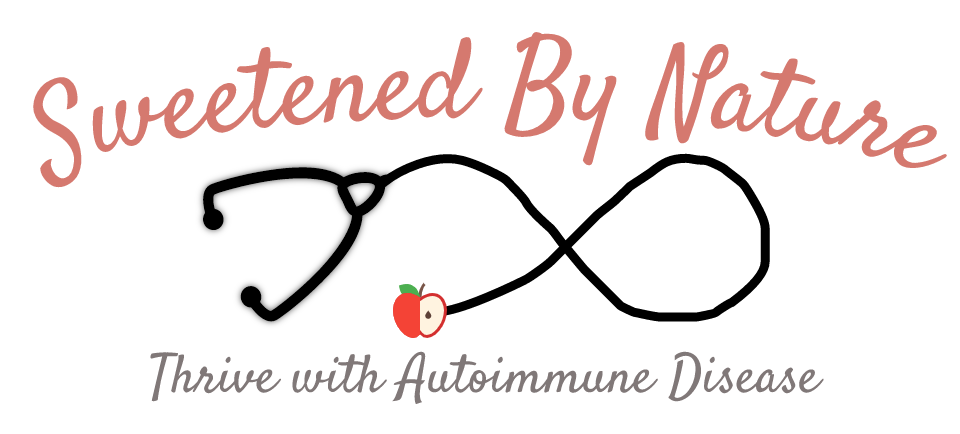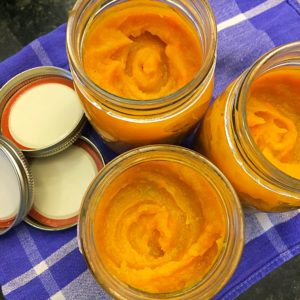Complementary and alternative medicine (CAM) use is prevalent in IBD patients worldwide. Several studies have shown that nearly half of IBD patients use some type of complementary or alternative medication to help manage their disease. CAM users are more likely to be younger, female patients who still reported symptoms despite conventional treatment. Many of these patients experienced adverse effects from conventional medications (Hung et al 2015, Mountifield et al 2015, Oxelmark et al 2016).
Mounifield et al (2016) found that CAM users had lower depression scores, higher qualities of life, and were less likely to be satisfied with their doctor-patient communication. Hung et al (2015) found that 62% of patients who tried some form of CAM experienced an improvement in GI symptoms.
Common Types of Complementary & Alternative Medicine
*Disclosure: I am not endorsing or encouraging any of these therapies, but rather reporting on the most common alternative and complementary therapies. Please do your research and talk to a qualified medical provider before making any drastic changes in your lifestyle.
Diet
- Autoimmune Protocol
- Dairy Free
- GAPS
- Gluten Free/Grain Free
- Less processed foods
- Low FODMAPs
- Low sugar
- Paleo/Primal
- Specific Carbohydrate Diet
- Vegan/Vegetarian
Many IBD patients follow a version of the diets listed above and report significant symptom improvement. Obviously, no one diet works for all, and many patients follow modified versions of these diets to fit their individual needs.
Probiotics
- Kefir
- Kombucha
- Saccharomyces boulardii
- Sauerkraut
- Various bacterial strains (Acidophilus, Lactobacillus, Bifidobacterium…)
- VSL #3
- Yogurt
A meta-analysis of 22 randomized controlled trials found that VSL#3 was effective at inducing remission in active ulcerative colitis in addition to being as effective as 5-ASAs at preventing relapse of quiescent ulcerative colitis. However, in Crohn’s disease, the efficacy of probiotics is uncertain. More randomized controlled trials are needed to understand the impact of probiotics on inducing and maintaining remission in Crohn’s disease (Derwa et al 2017).
Lifestyle

- Acupuncture
- Biofeedback
- Chinese medicine
- Exercise
- Hypnotherapy
- Massage
- Meditation
- Mindfulness
- Stress Management
- Yoga
Many IBD patients find stress to be a major trigger for flares. All of these lifestyle modifications aim to encourage relaxation and minimize stress to support the body.
Herbs & Supplements
- Aloe vera gel
- Andrographis paniculata
- Boswellia serrata
- Cats Claw
- Curcumin
- Essential oils
- Omega 3 fatty acids
- Vitamins (B, C, D vitamins, iron, magnesium,..)
- Wormood
Experimental Medications
Thinking about trying CAM?
Dietary and lifestyle modifications can have a major impact on symptom reduction in Crohn’s and ulcerative colitis, in addition to other complementary and alternative therapies. However, it is extremely important to discuss these complementary and alternative therapies with your doctor before you try them. Many IBD patients do not discuss their complementary and alternative medication practices with their physicians, often because the physicians do not ask. Many of these therapies are safe, but some herbs and supplements may interact with other medications. Supplements are not regulated by the FDA and are therefore considered safe until proven unsafe. There have been fatal liver and kidney failure reported after use of certain herbs, so it is important to do your research and work with a qualified medical professional you trust before you take a new supplement.
Have you tried any complementary or alternative medications, including lifestyle changes, and how have they impacted your health?

Citations:
Derwa Y, Gracie D, Hamlin P, Ford A. P622 Efficacy of probiotics in inflammatory bowel disease: systematic review and meta-analysis. Journal of Crohns and Colitis. 2017;11(suppl_1). doi:10.1093/ecco-jcc/jjx002.746.
Hung A, Kang N, Bollom A, Wolf JL, Lembo A. Complementary and Alternative Medicine Use Is Prevalent Among Patients with Gastrointestinal Diseases. Digestive Diseases and Sciences. 2015;60(7):1883-1888. doi:10.1007/s10620-014-3498-3.
Mountifield R, Andrews JM, Mikocka-Walus A, Bampton P. Doctor communication quality and Friends’ attitudes influence complementary medicine use in inflammatory bowel disease. World Journal of Gastroenterology : WJG. 2015;21(12):3663-3670. doi:10.3748/wjg.v21.i12.3663.
Oxelmark L, Lindberg A, Löfberg R, et al. Use of complementary and alternative medicine in Swedish patients with inflammatory bowel disease: a controlled study. European Journal of Gastroenterology & Hepatology. 2016;28(11):1320-1328. doi:10.1097/MEG.0000000000000710.
http://online.ccfa.org/site/DocServer/Complementary-and-Alternative-Medicine-in-Inflammatory-B.pdf
 Copyright secured by Digiprove © 2018 Jamie Horrigan
Copyright secured by Digiprove © 2018 Jamie Horrigan


Leave a Reply